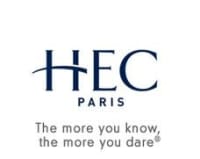Browse thousands of PhD programs from around the world.
What do you want to study?
Where do you want to study?
Start your education journey here
Discover
Browse thousands of degrees from around the world
Compare
See programs side by side to find the right one for you
Connect
Contact the schools' admissions offices directly
Skip all disciplines
Discover programs by discipline
Natural Sciences
Engineering Studies
Humanities Studies
Technology Studies
Social Sciences
Business Studies
Education
Health Care
Economic Studies
Management Studies
Newly added Programs
Articles and guides
Dive into our guides covering student experiences, career information, and more.
View all


















